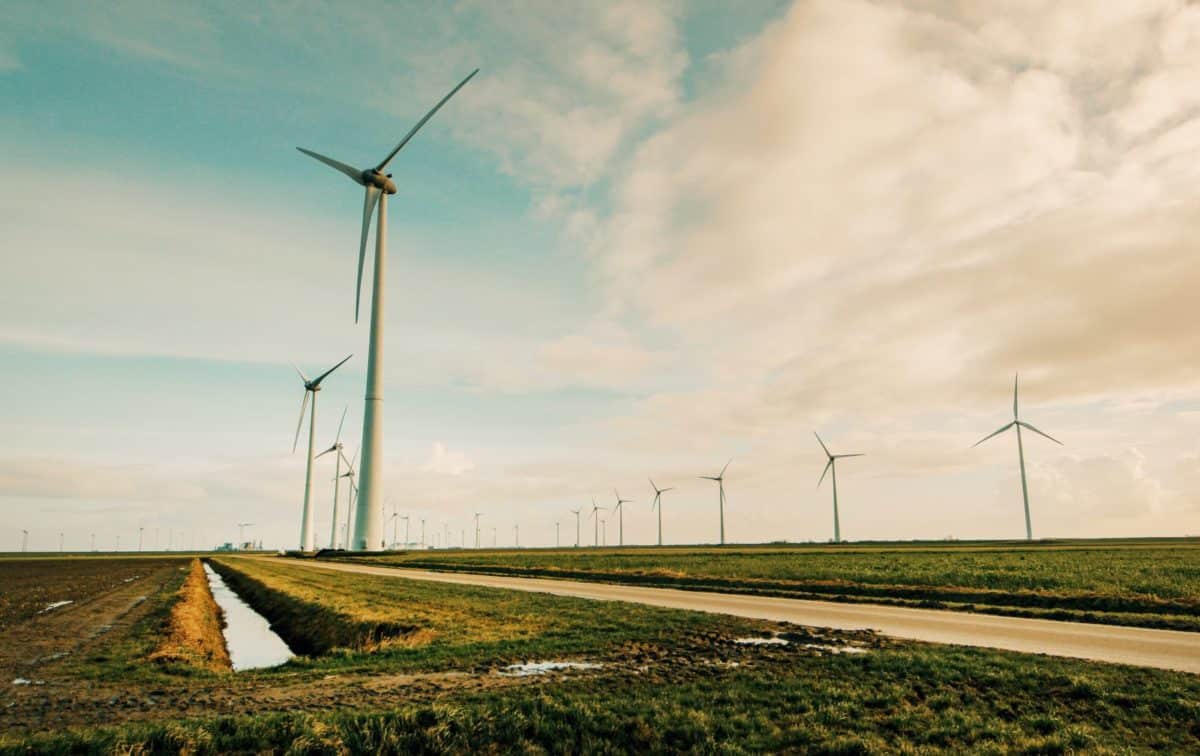Clean fuel incentives in the Inflation Reduction Act of 2022
TAX ALERT | August 15, 2022
Authored by RSM US LLP
Executive summary: Clean fuel provisions
Energy and climate initiatives are a focal point of the Inflation Reduction Act of 2022, which provides for $369 billion of spending on climate-related provisions. The act, which President Joe Biden signed into law on Aug. 16, 2022 intends to facilitate the administration’s commitment to reducing economy-wide greenhouse gas emissions by 50%-52% of 2005 levels by 2030.
Subtitle D of the Act contains 29 energy-related tax and credit provisions with a historic $271 billion of tax incentives on climate-related provisions. The provisions fall into nine broad categories:
- Clean electricity and reduce carbon emissions
- Clean fuels
- Clean energy and efficiency incentives for individuals
- Clean vehicles
- Investment in clean energy manufacturing and energy security
- Superfund excise tax
- Incentives for clean electricity and clean transportation
- Credit monetization and appropriations
- Other provisions
This alert discusses the clean fuels provisions and how they will affect the renewable fuels industry. Please see our previous alert on the energy provisions for general information on the clean energy provisions.
Inflation Reduction Act of 2022 – Subtitle D: Energy Security
The Act provides massive incentives for investment in the domestic renewable energy industry. It contains a wide array of tax credits to incentivize significant renewable project development. Achieving energy security and reduction of carbon emissions via growth of the clean energy sector with tax incentives is a centerpiece of the bill. These tax credits will affect businesses across industries including energy, manufacturing, construction, private equity and consumer products.
Senator Ron Wyden of Oregon, in a floor speech on Aug. 6, 2022, described the climate policy goals as investing in clean energy and jobs. The intent of the provisions is to use the tax code to reward efforts to reduce greenhouse gas emissions and increase energy efficiency by eventually replacing the existing energy tax credits with emissions-based credits that incentivize investment in clean electricity, clean transportation and energy conservation.
In essence, the Act extends and modifies existing and expired renewable energy credits through 2024, adds new credits for additional technology and energy sources generally effective beginning in 2023, and then provides a switch in 2025 to three technology-neutral credits. The framework is the result of a compromise negotiated between the House and the Senate.
For a number of the

